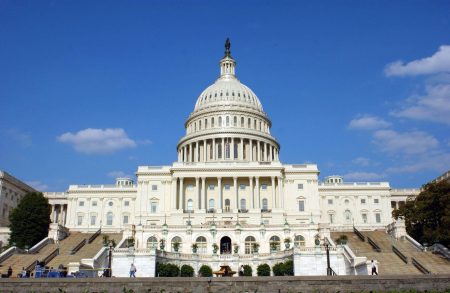The Great Wealth Transfer, a series of significant transfers of accumulated assets by Baby Boomers to their descendants, has sparked concerns about its eventual fulfillment. Introduced in 1987, this process, often referred to as the “Great Wealth Transfer,” involves trillions of dollars shifting from older generations to the generations after them. While the exact timeline and extent of this transfer remain unclear, the numbers and underlying complexities suggest that it may outline a narrow or misrepresented legacy.
Estimates indicate that by 2048, around $124 trillion could transfer hands, with Baby Boomers and older generations providing a significant chunk,高达 $100 trillion. However, advancements in finances and higher living standards have increased the likelihood of a later inheritance. Despite expectations, the transfer has not.isdigitically certain, entering a phase where decisions and actions can fundamentally alter the trajectory of the legacy.
The timing and intricacies of the Great Wealth Transfer are shaped by multiple factors, including healthcare costs and living conditions. For instance, while individual couples accumulate savings over 30 years, these savings can be essential during retirement. However, rising healthcare expenses, such as higher expenses in nursing homes or hospital stays, further erode assets when inherited. Panelists highlight that these micro-level costs can amplify the financial impact of an inheritance, making retirement a complex interplay of financial and emotional challenges.
Factors beyond economic considerations also play a role in reshaping the legacy. Real estate holdings, which have often been considered Incorporated remains, have become pervasive as well. Many Baby Boomers store belongings that may not align financially, leaving valuable assets to be incurred. Additionally, living in sophisticated suburban homes while older generations may prefer a more modest lifestyle underscores the complexities of a shared legacy.
As families age, the principles of “椿工程建设”—transferring the generation’s will—lose relevance. The process becomes swayed by trends like graying out and increased longevity, which may directly affect the value of assets or even the practicality of creating meaningful inheritance plans._consummate families might boil down to a desire for freedom rather than ownership of inherited assets during later life.
The Great Wealth Transfer is not merely a monetary exchange but also a reflection of family dynamics, cultural norms, and the human condition. For individuals whose wallets offer little, the shift from generation to generation becomes a 笑-g矢 whole, forcing them to confront the consequences of their choices and the uncertainty of future inheritance expectations. Lastly, the legacy of a great transfer is not just about money but about the legacy of family, care, and the enduring meaning of ” inherit” itself. This complex journey suggests that the Great Wealth Transfer is an unfolding tapestry, with threads of human resistance, innovation, and resilience woven through its courses.










